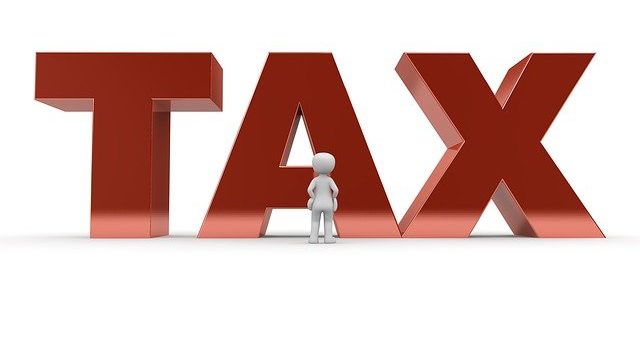In this guide, we’ll explore ways to help you prepare for the upcoming tax season.
Keep in mind, this guide is for informational purposes only and is not a replacement for real-life advice, so make sure to consult your tax, legal, and accounting professionals before modifying your strategy.
April 15, 2021 is the deadline the Internal Revenue Service sets for filing your 2020 tax returns. If you believe you will miss that deadline, you should consider filing for an extension.
Here’s a quick summary of the major changes for 2020:1,2
- Each of the tax brackets will see an increase.
- The deduction limit restrictions will increase for traditional IRAs.
- A rise in income limits for Roth IRA contributions.
- Contribution limits increase for employer-sponsored plans.
- A rise in standard deductions for every filing status
- A rise in limits for HSA contributions.
- A rise in estate tax exemption limits.
- No required minimum distributions (RMDs) for 2020
Remember, if you spend your Health Savings Account funds on nonmedical expenses before age 65, you may be required to pay ordinary income tax as well as a 20% penalty. After age 65, you may be required to pay ordinary income taxes on HSA funds used for nonmedical expenses. HSA contributions are exempt from federal income tax; however, they are not exempt from state taxes in certain states.
Read more about How to Prepare for Tax Season …










